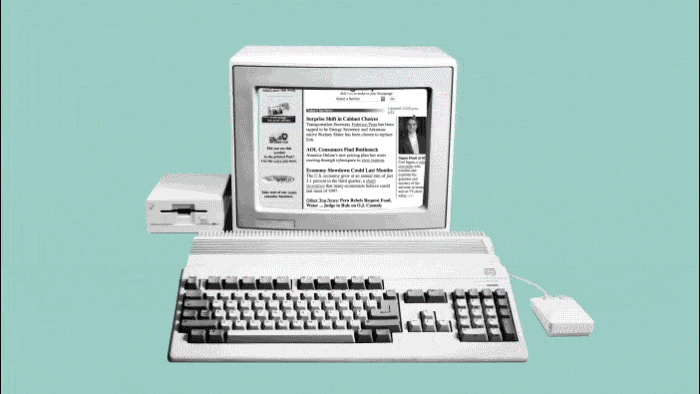What is public policy, and what does a public policy analyst do? In a word, public policy is a system of rules, regulations, and courses of action that the government implements. These directives have an impact on every part of our life, including education, law enforcement, environmental resource allocation, healthcare, and so on.
In an ideal world, public policy is created to benefit the whole public. However, popular perceptions of what is “best” for the public are constantly moving, driven by shifting values and changing social, political, and economic requirements.
As a result, public policy is continually changing. Government commitments shift over time. Interests in the public sphere shift. How do policymakers decide which new policies to implement and how to create and implement them effectively?
This is where the public policy analyst comes in.
Analysts in public policy assist governments at all levels on which new policies are needed and what it takes to implement them. We break down the fundamental abilities needed to accomplish this job properly and actually succeed in the hard, ever-complex world of policy leadership in this piece.
Research
Every policy suggestion starts with a thorough investigation. Some of this research is done on a regular basis, such as keeping up with current events, public opinion, and political changes. Other issues necessitate extensive investigation into data, research studies, reports, surveys, and other sources of information.
In order to generate a full, evidence-based understanding of the topic at hand, policy analysts must be comfortable employing a variety of research methods and methodologies.

Data Analysis
For policy analysts, research and analysis are inextricably linked. They must be able to sort through mountains of data and opposing viewpoints in order to make sense of what they find.
In most cases, this entails assessing and integrating vast amounts of qualitative and quantitative data. What is the goal? To gain a clear and objective understanding of the facts, as well as to lay the framework for the following step—proposing solutions.
Critical thinking and creativity
Policy analysts must consolidate all of the material they’ve obtained and studied, then add something to it: creative insight, in order to produce viable ideas and fully comprehend their benefits and drawbacks.
To imagine fresh new ideas, creativity is required, but it must be tempered with the ability to think critically. Only then will policy analysts be able to predict the challenges and needs that will arise as a result of each strategy they envision and choose the most equitable and successful alternative.

Persuasive communication
For policymakers, communication is critical because they must be able to persuade government officials of their beliefs. This involves the capacity to respond to comments, criticism, and inquiries in a productive manner, as well as writing and verbal skills.
The best policy advice isn’t given from behind a desk. Analysts must use the proper channels and be prepared to make a strong case for their positions. They must be adept at distilling the most important themes and points from their research and expressing those major concepts with accuracy and clarity.
Collaboration
Making policy isn’t something that happens in a vacuum. When producing policy suggestions, analysts must work with colleagues, elected officials, specialists, and the general public.
Strong intrapersonal skills, as well as open-mindedness and patience, are required for this position.






